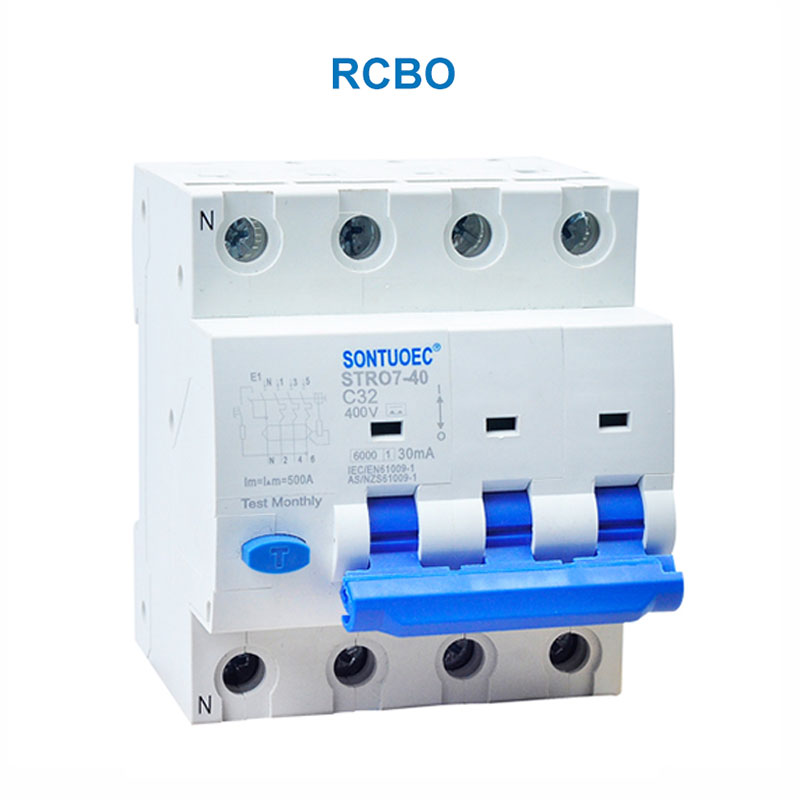Understanding Circuit Breakers: Types and Functions
2025-03-13
A circuit breaker is a crucial electrical safety device that protects electrical circuits from damage caused by overcurrent, short circuits, and other faults. It automatically interrupts the flow of electricity when a fault is detected, preventing potential fires, electrical failures, and equipment damage.
In this blog, we will explore the types of circuit breakers, how they function, and where they are commonly used.
How Do Circuit Breakers Work?
Circuit breakers detect excessive current flow and interrupt the electrical circuit to prevent overheating and potential hazards. They consist of three main components:
1. Frame – The external casing that provides insulation and mechanical support.
2. Contacts – Metal components that open or close the circuit when needed.
3. Tripping Mechanism – A system that detects faults and triggers the breaker to shut off.
When an overload or short circuit occurs, the breaker trips, disconnecting the power supply and stopping electricity from flowing.
Types of Circuit Breakers
Different types of circuit breakers are designed for various applications and electrical loads. The main types include:
1. Miniature Circuit Breaker (MCB)
- Used in homes and small businesses.
- Protects against overload and short circuits.
- Automatically resets when the fault is removed.
2. Molded Case Circuit Breaker (MCCB)
- Designed for higher current loads in industrial and commercial applications.
- Offers adjustable tripping settings for flexibility.
- Provides protection against short circuits and overloads.
3. Residual Current Circuit Breaker (RCCB)
- Detects leakage current to prevent electric shocks.
- Does not protect against short circuits or overloads (used alongside MCBs).
- Essential for human safety in homes and workplaces.
4. Air Circuit Breaker (ACB)
- Used in high-voltage applications.
- Employs compressed air to extinguish the arc formed when breaking the circuit.
- Common in industrial power distribution systems.
5. Vacuum Circuit Breaker (VCB)
- Uses vacuum technology to interrupt electrical arcs.
- Common in medium-voltage applications.
- Provides high durability and minimal maintenance.
Where Are Circuit Breakers Used?
Circuit breakers are used in various applications, including:
- Residential homes – Protecting electrical appliances and wiring.
- Commercial buildings – Ensuring stable power supply for offices and businesses.
- Industrial plants – Handling heavy machinery and equipment loads.
- Power stations and substations – Managing large-scale power distribution.
Circuit breakers are essential for electrical safety and equipment protection. Understanding the different types and their functions helps in selecting the right one for your needs. Whether for home, commercial, or industrial use, choosing the correct circuit breaker ensures a safe and efficient electrical system.



